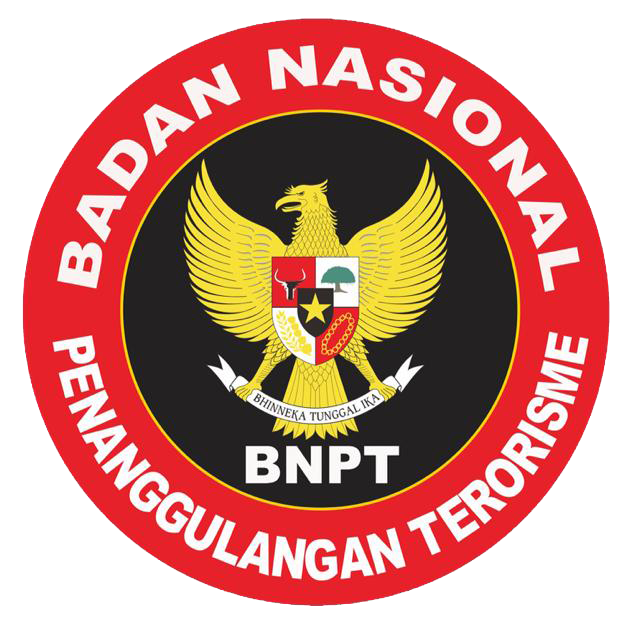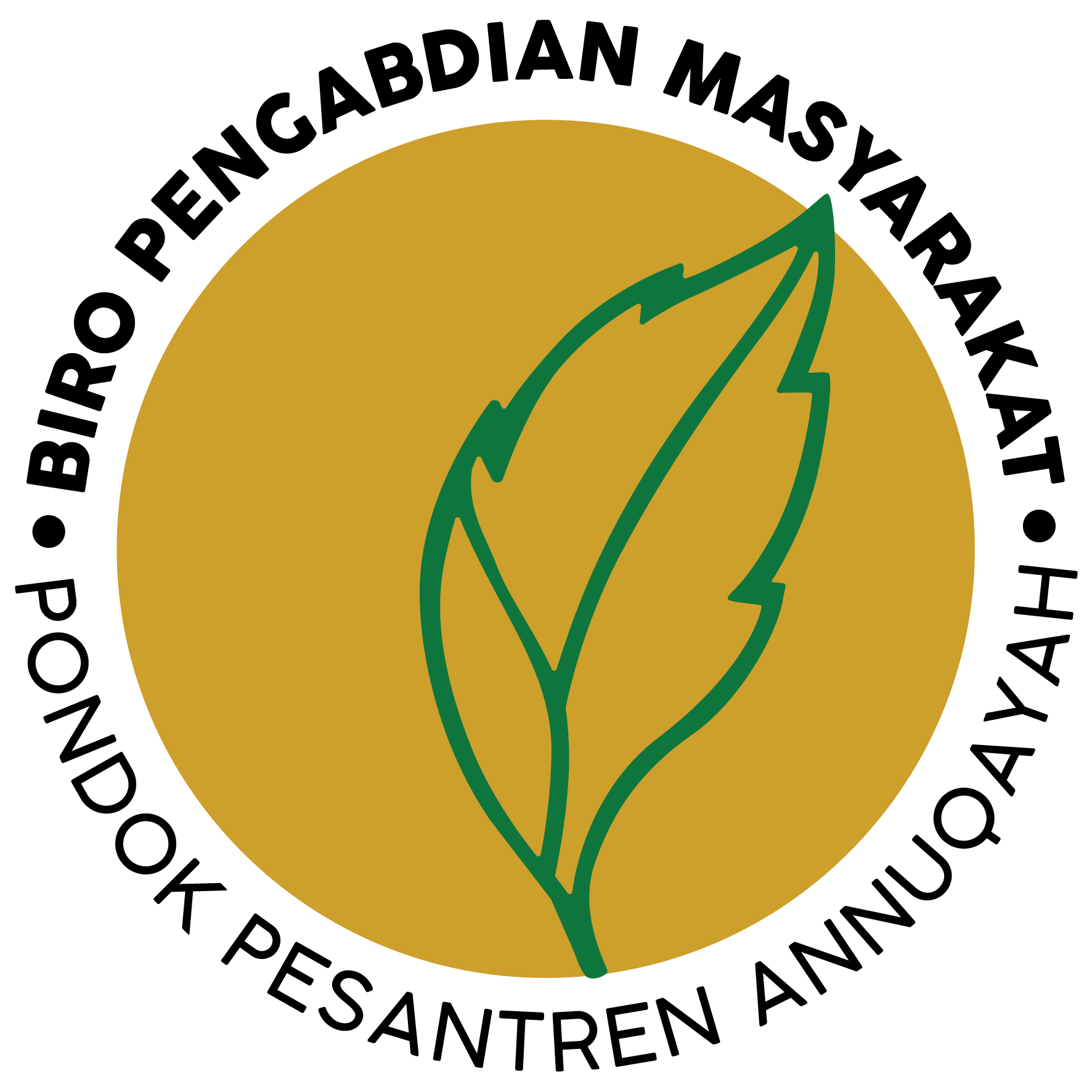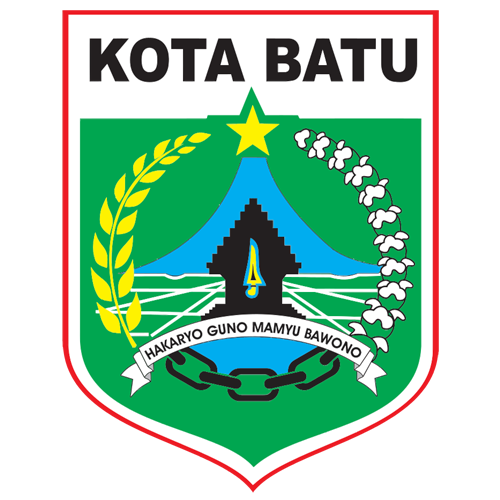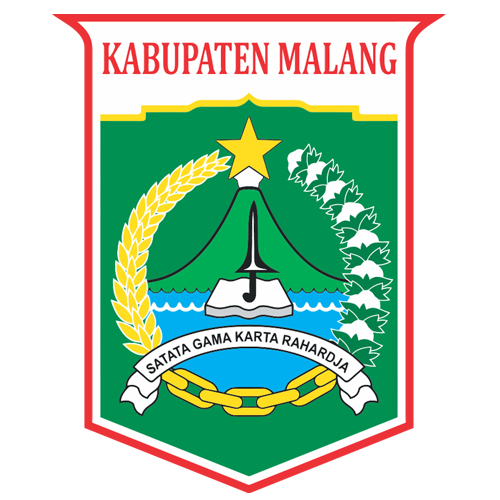WOMEN PRESENT ON THE FRONT LINE

Guluk-guluk Village, Sumenep, Madura Island, East Java
By Nurdiyansah Dalidjo
The religious atmosphere is strongly felt in Sumenep, located on the island of Madura. The characteristics of how old and young people appear are closely related to Islamic tradition, but still accentuate their local uniqueness. The men wear sarongs and Muslim caps (songkok), and the women wear colorful veils and batik clothing. Such a scene is part of the daily life in public spaces here.
On October 8, 2017, Sumenep made history. On that special Sunday, which was the International Day of Peace, the residents welcomed a special figure at Annuqayah Islamic Boarding School. It was the oldest Islamic boarding school in Madura, established before Indonesia's independence.
President Joko Widodo (Jokowi) visited Annuqayah in Guluk-guluk, Sumenep. He was not alone. He was accompanied by Yenny Wahid, Director of Wahid Foundation, Miwa Kato, Asia-Pacific Regional Director of the U.N. Women, and in the same room, there were local officials, religious leaders, community leaders, Islamic boarding school students (santri) and local residents.
"Women are the key to peace," Jokowi said in his speech. "Peace cannot be forced, but has be fostered. The characteristics of peace-loving people must be developed in a family environment. It is the women who are able to do this job.” A big round of applause was immediately given when he put women as the keyword. And is usual for President Jokowi at the end of his speeches, he did not forget to give away bicycles. He asked several women to come forward and talk on the five principles of Pancasila.
Meanwhile, Yenny Wahid, who delivered a speech at the opening of the celebration, reaffirmed the role of women in peacebuilding:
Yenny began her remarks as follows: "This is triggered by our pride in Indonesian women, who have a distinctive character. When we want to conduct activities that involve women's groups, we think of Madura because the character of Madurese women is known to be resilient, hardworking, religious, and collaborative in work,” Yenny stated.
The form of the program, as stated by Yenny, is to strengthen the family's economy where women will be assisted to improve their capacity to increase family income. “In addition to this, women will also be equipped with skills to implement the values of peace in their respective environments, so that they are not provoked by people who want to create conflicts," Yenny said.
The willingness and support from many parties, especially Annuqayah Islamic Boarding School as the host school of the International Day of Peace celebration, made Guluk-Guluk Village the first milestone in the birth of the Peace Village which was followed by other villages in East Java, Central Java and West Java. In a relatively short time, other villages also made a Peace Village declaration as a commitment of their residents and the village officials to nurture the values of tolerance and peace.
The Peace Village assistance by Wahid Foundation is carried out through a series of economic empowerment activities for women. Due to the active role of the village women, a cooperative was born for various entrepreneurship activities and home-based business products. The existence of a cooperative has led to growing economic activities with a stronger sense of togetherness in the community.
At Annuqayah Islamic Boarding School, Guluk-guluk Village, female students responded to the Peace Village Declaration by engaging in an activity. It looked simple, but can’t be underestimated. They scavenged!
In a small room, young women gather and sort out plastic waste after school. With the plastic waste, they make handicrafts, one example of this being handbags.
"We routinely scavenge," said a santri. "We go to the landfill and dumpsters around the Annuqayah Islamic Boarding School. If we scavenge, we will get dirty plastic waste. There are also friends who bring cleaned plastic waste that can be sewn straight away," she told of her first scavenging experience. Sometimes she does it alone, sometimes with other friends.
Beautiful handicrafts are displayed around them. Bags, wallets and other multifunctional items. If we don't look carefully at the brands on the plastic packages, it's hard to guess if they are made of garbage.
"Joining in this activity has touched our hearts ... Do not litter and (take part) in protecting the environment,” said a santri. But there are also unpleasant experiences that they have encountered during scavenging. "The bad experiences are challenging. There’s laziness," she said, smiling sheepishly. "There are friends who are not confident when scavenging. There are male students who mock us. Just ignore it! Let it be; have a heart of steel!" she encouraged herself.
Sekar Panuluh, a community organizer in Sumenep, explained that Wahid Foundation team and partners encouraged Annuqayah’s female students and staff to develop entrepreneurship skills.
"Basically we develop local potentials in each village. We encourage the people through intensive discussions with the village heads or village figures. We discuss with the residents by forming a Peace Village Forum to find out about economic opportunities and the potential conflicts that can arise, particularly religious-based violence," Sekar said.
The patriarchal culture or tradition that often prioritizes men in the Sumenep community can be shaken up, little by little. This was seen from the involvement of women in the Declaration of Peace Village carried out by Guluk-guluk Village and two other villages - Payudandundan Village and Prancak Village. The entire process of empowerment activities carried out by Wahid Foundation also receive the full support of the Muslim clerics, religious leaders, community leaders, and local government.
The Peace Village program pushes forward the position of women. Now the women have seized the space to stand parallel alongside men. In fact, when talking about the values of peace and small-scale economic activities at the village level, the women are in the front row.
"The socio-economic disparity is what makes the village vulnerable to conflicts," said Uswatun Hasanah, a Sociology teacher, expressing her opinion on issues that could threaten tolerance and peace in Sumenep. She commented that the existence of creative groups and home-based businesses could strengthen and unite the community to work together.















